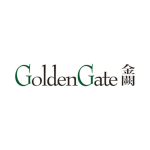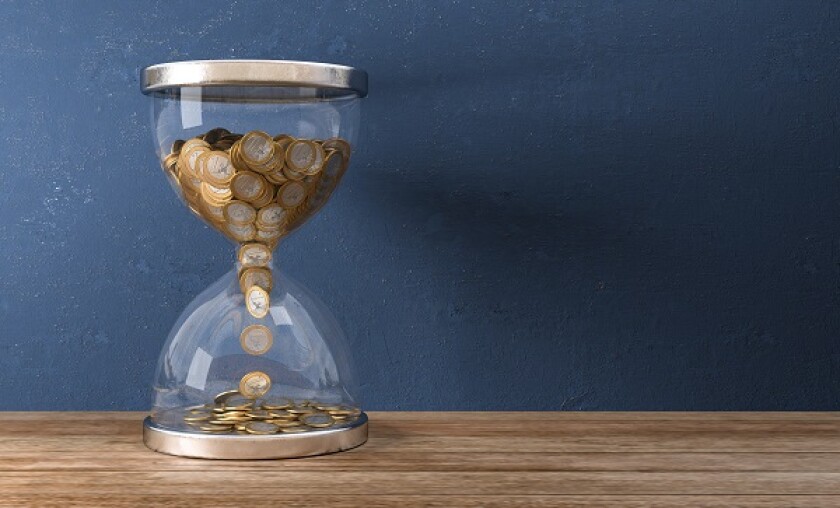On April 21 2020, Beijing High Court issued the guiding opinions on the determination of damages in cases of infringement of intellectual property rights and unfair competition as well as the judging standards for statutory compensation ("关于侵害知识产权及不正当竞争案件确定损害赔偿的指导意见及法定赔偿的裁判标准") (opinions).
Notably, the opinions provide guidance on application of punitive damages. China introduced punitive damages into the Trademark Law in 2013. Subsequently, the Trademark Law was amended in 2019 and the range of punitive damages was amended from "one to three times" to "one to five times". Pursuant to Article 63 of the Chinese Trademark Law, where it is difficult to determine the loss of the right holder or the gains derived by the infringer, the damages shall be determined reasonably with reference to the multiples of the licensing fee of the said trademark. Where an infringer maliciously infringes upon another party's exclusive right to use a trademark and the infringement falls under serious circumstances, the amount of damages may be determined as not less than one time but not more than five times the amount that is determined in accordance with the aforesaid methods. The damages amount shall include reasonable expenses incurred by the right holder to prevent the infringement.
Adopting punitive damages was hailed as a great improvement in judicial protection in China. However, the meaning of "maliciously infringe" and "serious circumstances" was not clearly defined by the Trademark Law or other relevant laws and regulations. As a result, trademark infringement cases where the right holders directly invoked the provision of punitive damages and won were very limited.
In order to apply the punitive damages system in a uniform and efficient way, the opinions specifically list "malicious acts "and "serious" circumstances." This will inevitably enhance the application of punitive damages.
The opinions state that "maliciously infringed" generally suggests direct intention while "serious circumstances" generally refers to the serious damage caused by the infringement concerned.
In accordance with the opinions, under any of the following circumstances, the infringer may be deemed to have malicious intention:
1) After an effective judgment is rendered, the infringer or its controlling shareholder or legal representative repeatedly commits the same infringement.
2) The infringer or its controlling shareholder or legal representative, after repeatedly being warned by the right holders or punished by an administrative agency, continues to commit infringement.
3) The infringer counterfeits the registered trademark of the right holder.
4) The infringer rides on the coat-tails of a well- known mark in order to benefit from its reputation and its prestige or engage in well-known trademark squatting.
5) The infringer uses the right holder's well-known trademark on the same or similar goods.
6) The infringer and the right holder have entered into an arrangement of agency or licensing, distribution, cooperation, or have conducted negotiations, and the infringer is fully aware of the existence of the right holder's IP right.
7) The infringer forged or destroyed the infringement evidence.
8) The defendant refuses to obey the action preservation order.
Meanwhile, any of the following circumstances may be deemed to have constituted serious circumstances:
1) The infringer carried out infringement as its business.
2) The infringement has lasted for a long time.
3) The infringement concerned involves a wide range of geographical regions.
4) The benefits gained from the infringement are huge.
5) The infringement simultaneously violates laws and regulations such as food, medicine, medical treatment, health and environmental protection, which may endanger personal safety, damage environmental resources or seriously damage the public interest.
Generally, the amount of punitive damages will be determined in accordance with the statutory multiple of the base number which refers to the actual loss of the right holders, or the profit of the infringer, or the licence fee. The "multiple" of punitive damages may not be an integer.
It should be pointed out that if the infringer wishes to offset the punitive damages on the ground that the same infringement has been punished in the way of administrative fine or criminal fine, its request shall be denied. It is important to bear in mind that the application of punitive damages should be claimed by the right holder before the close of court debate in the first instance.
Although the opinions may only apply to the jurisdiction of Beijing, they provide a valuable reference for other regions in China, and reflect the recent trends of judicial practice in China. Inevitably, the opinions will promote the actual implementation of the provision of punitive damages.
Linda Zhao












